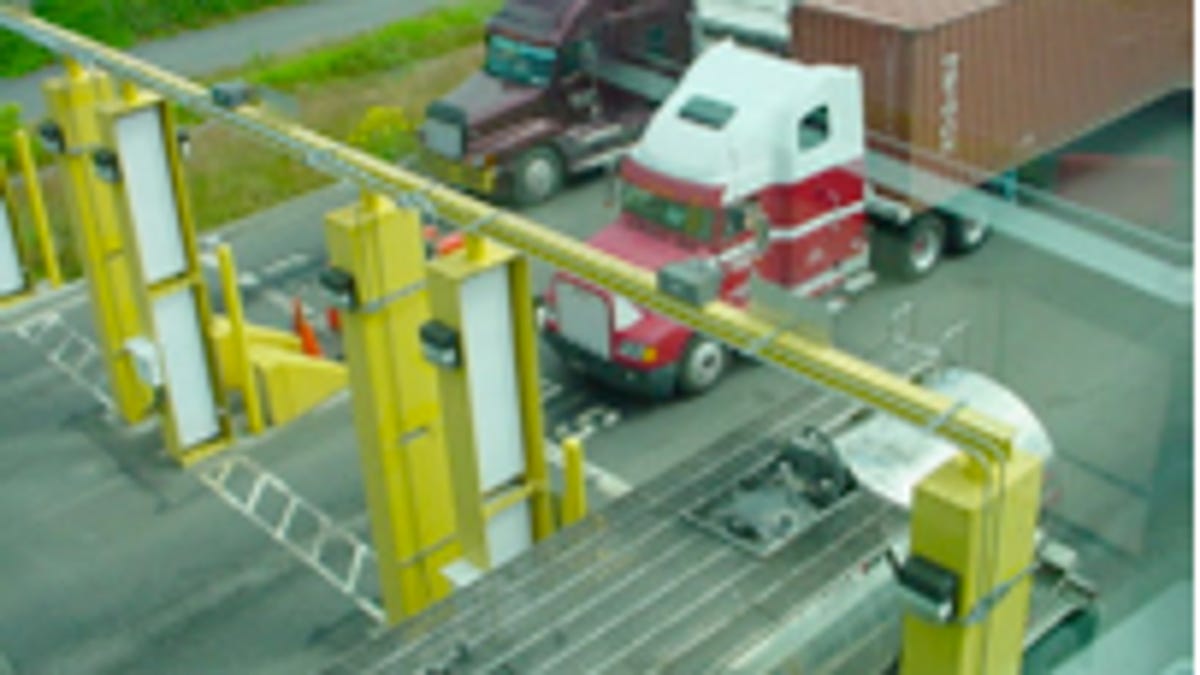Price overruns for nuke detectors likely to be in the billions, says GAO
Five-fold increase in nuclear detector portal cost likely not the end of it, says GAO report.

Soaring cost estimates for protecting US borders against nuclear smuggling arrived at by the Domestic Nuclear Detection Office (DNDO) are unreliable and could result in "significant" overruns, according to a Government Accounting Agency (GAO) report.
How significant? The projected cost to implement the Radiation Portal Monitor Program has gone from $399 million in 2003, when the Customs and Border Protection was in charge of the project, to $1.3 billion when DNDO took over in 2005. In 2007 the cost of equipping US ports with portal monitors was $1.7 billion. It's now $2.1 billion. But this latest estimate fails to take into account several major "cost elements". The true cost will be about $3.1 billion, but could go as high as $3.8 billion, according to the GAO.
DNDO did not follow Department of Homeland Security cost-estimating methodology or bother to document the estimating approach it did use, according to GAO. Further, when the GAO requested detailed documentation of DNDO's billion dollar portal monitor strategy, all it received was a one page spreadsheet of summary information, the report notes.(pdf)
Some of the price increase kicked in when DNDO sponsored the development of the next-generation, advanced spectroscopic portal (ASP.) These new portals not only detect radioactive material but also identify the source, thereby minimizing missed threats and greatly reducing false alarms, according to DNDO. The cost of these units has nearly doubled from around $576,400 to $800,000.
This is not first time GAO, (the nonpartisan audit and investigative arm of Congress,) has come down on DNDO, a relatively new agency establishment under the aegis of the Department of Homeland Security (DHS) in 2005.
In 2007, the government watchdog accused the office of using biased methods to enhance performance results in testing the new detection portals. When preliminary tests were conducted, the defense contractors who were bidding on the job were allowed access to the results, allowing them to adjust their systems accordingly, GAO charged.
Preventing nuclear and radioactive material from being smuggled into the United States became a major security concern after 9-11. A common fear is that the stuff could be used by terrorists in a nuclear weapon or a "dirty bomb", even though that possibility remains highly theoretical.